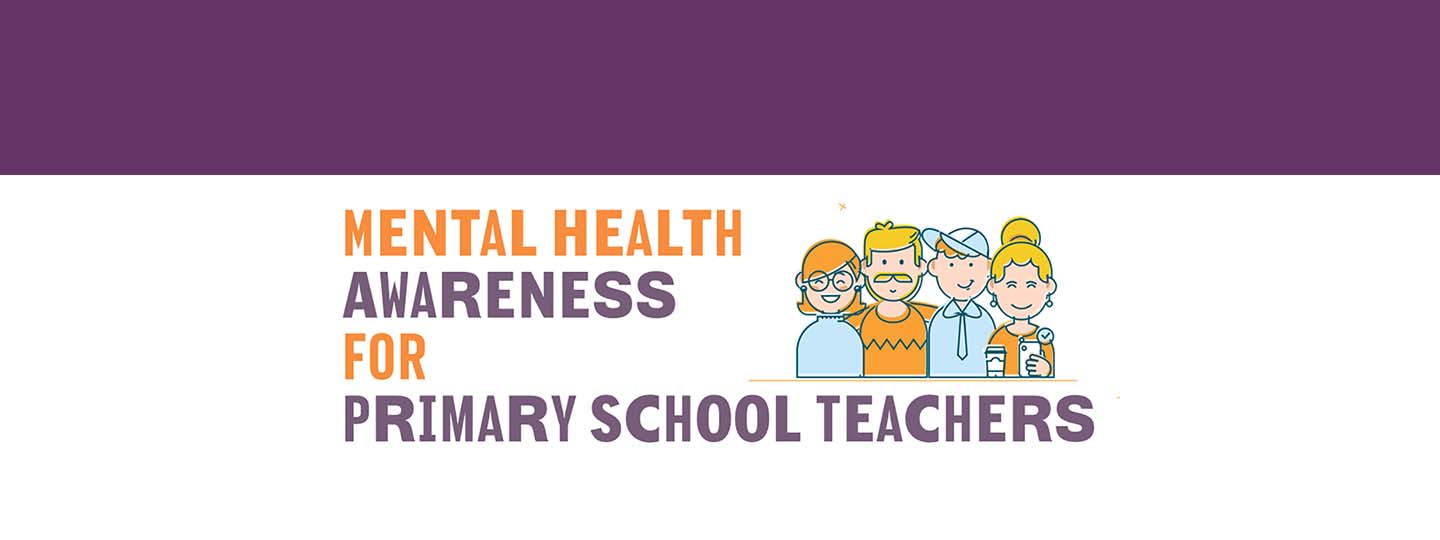Hearing stories about conflict in other countries can bring up a number of feelings.
Rolling news about events such as the war in Ukraine and other conflict areas, can be overwhelming and leave us with a sense of helplessness at not knowing what to do.
Connecting with others
We can also feel empathy and sympathy for what our fellow human beings are going through.
Part of being human means we can connect with people we have never met, worrying about their situation and feeling their distress. It’s not unusual to feel different emotions at one time.
Fleeing a war-torn country is a very challenging thing for someone to do. People are forced to leave family members, homes, pets, jobs, and careers, as well as their social community.
Adjusting to being in a new country you didn’t necessarily choose isn’t easy. There may be many barriers to settling in, such as language and different cultural norms, like foods that are eaten.














